My Life Without Steve (1986)
ジャンル :
上映時間 : 53分
演出 : Gillian Leahy
シノプシス
Through the story of one woman’s year in a room with a view, the film catches its audience up in the collective memories of all those who have loved and lost. Through a study of Liz’s obsession and loneliness, the film mixes the particular with the universal to cover the whole gamut of feelings and theories about lost love. Ranging from the popular to the more erudite, snatches of songs, quotes and diary jottings are all stitched together with stories from Liz’s past and descriptions in minutiae of her current existence. The B side of love is richly played out through the words of an A team of interpreters from Split Enz, Laurie Anderson and Bob Dylan to Freud, Marge Piercy, Collete and Roland Barthes.
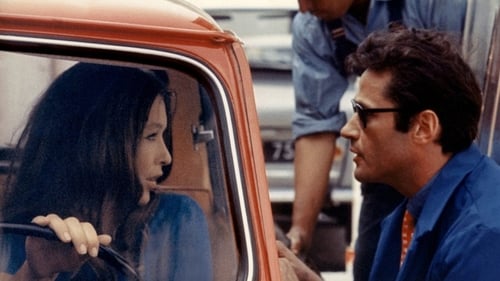
1966年のパリ。政府から首都圏整備拡張計画が交付され、至る箇所に新興団地や道路が建設されていく。パリ郊外の公団住宅に住む人妻ジュリエットは、ガソリンスタンドに勤める夫の稼ぎが悪いため、昼間に売春を行っていた。幼い娘を託児所に預けてからカフェで客を待ち、今日も若い男を安ホテルに連れ込んで一仕事する。そして彼女の行きつけの美容院で働くマリアンヌも、あるアメリカ人に電話で誘われてホテルへと向かう。
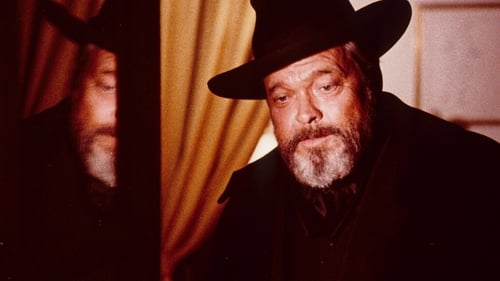
Documents the lives of infamous fakers Elmyr de Hory and Clifford Irving. De Hory, who later committed suicide to avoid more prison time, made his name by selling forged works of art by painters like Picasso and Matisse. Irving was infamous for writing a fake autobiography of Howard Hughes. Welles moves between documentary and fiction as he examines the fundamental elements of fraud and the people who commit fraud at the expense of others.

An essay-film about images and politicians.

An atmospheric essay, which is an alternative version of Count Dracula, a film directed by Jess Franco in 1970; a ghostly narration between fiction and reality.

A girl haunted by traumatic events takes us on a mesmerising journey through 100 years of horror cinema to explore how filmmakers scare us – and why we let them.

CREMASTER 4 (1994) adheres most closely to the project's biological model. This penultimate episode describes the system's onward rush toward descension despite its resistance to division. The logo for this chapter is the Manx triskelion - three identical armored legs revolving around a central axis. Set on the Isle of Man, the film absorbs the island's folklore ...

A very personal look at the history of cinema directed, written and edited by Jean-Luc Godard in his Swiss residence in Rolle for ten years (1988-98); a monumental collage, constructed from film fragments, texts and quotations, photos and paintings, music and sound, and diverse readings; a critical, beautiful and melancholic vision of cinematographic art.
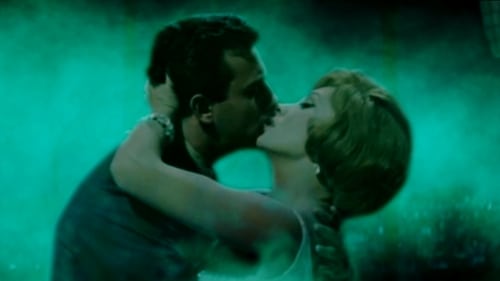
A tribute to a fascinating film shot by Alfred Hitchcock in 1958, starring James Stewart and Kim Novak, and to the city of San Francisco, California, where the magic was created; but also a challenge: how to pay homage to a masterpiece without using its footage; how to do it simply by gathering images from various sources, all of them haunted by the curse of a mysterious green fog that seems to cause irrepressible vertigo…

For just forty days, filmmaker and writer Mark Cousins embarks on a peculiar journey in order to explore topics as the passion for cinema and certain aspects related to making films as style, ideas, emotions and practicalities; an ambitious exploration of the universal language of cinema by analyzing pieces of work that cross every artistic and cultural boundaries.
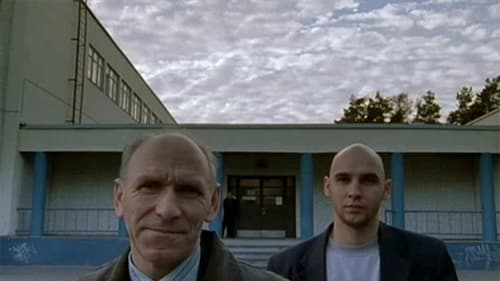
Twenty-five films from twenty-five European countries by twenty-five European directors.

How do you put a life into 500 words? Ask the staff obituary writers at the New York Times. OBIT is a first-ever glimpse into the daily rituals, joys and existential angst of the Times obit writers, as they chronicle life after death on the front lines of history.
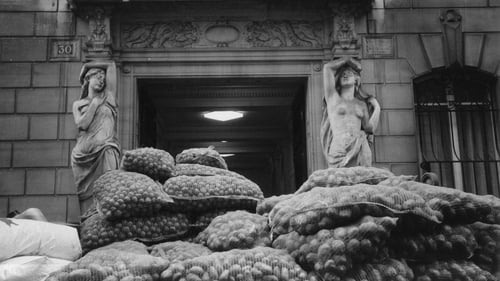
Commissioned by French television, this is a short documentary on the neo-classical statues found throughout Paris, predominantly on the walls of buildings, holding up windows, roofs etc.

A provocative and poetic exploration of how the British people have seen their own land through more than a century of cinema. A hallucinated journey of immense beauty and brutality. A kaleidoscopic essay on how magic and madness have linked human beings to nature since the beginning of time.
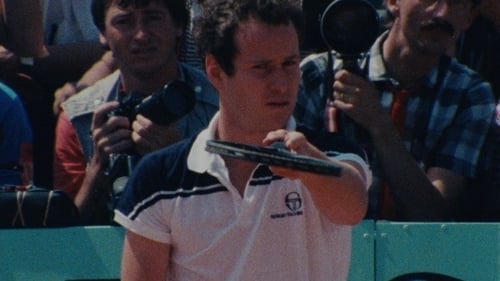
An immersive film essay on tennis legend John McEnroe at the height of his career as the world champion, documenting his strive for perfection, frustrations, and the hardest loss of his career at the 1984 Roland-Garros French Open.

A long-hidden, personal doc about leaving a beloved house by the late, revered Portuguese director Manoel de Oliveira.

A look at the Brazilian black movement between 1977 and 1988, going by the relationship between Brazil and Afrika.

A very personal look at the history of cinema directed, written and edited by Jean-Luc Godard in his Swiss residence in Rolle for ten years (1988-98); a monumental collage, constructed from film fragments, texts and quotations, photos and paintings, music and sound, and diverse readings; a critical, beautiful and melancholic vision of cinematographic art.

In the fourth and final instalment of Karel Vachek’s not-so-little Little Capitalist Tetralogy, preparations for an opera performance in the Czech capital’s art-nouveau National Theatre become the occasion for a reflection on rebels, dissidents, and others subversives who stand in battle, heroically and sometimes tragically, against majority opinion, established rules, or powerful institutions. "As the camera wanders over, around and through Prague’s lavish National Theatre, director J.A. Pitínský coaches singers through a rehearsal of Bedřich Smetana’s tragic opera Dalibor. Intercut with the tale of the 15th-century knight who, imprisoned, refused to name names, Vachek interviews, on the plush red seats of the empty theatre, a whole series of latter-day rebels.















